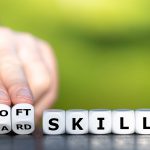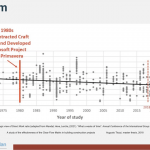If we are going to be effective at coaching others, do we need to be effective learners first? This thought popped into my head the other day when I was speaking with a team and reflecting on a comment from someone who reported being a slow learner. It got me thinking about how learning is just like any other skill: the more we practice it, the more efficient we can become.
So how do we become better learners? There is a lot of research that has been done over the years about learning and capability development. Here are four strategies that have made a difference in my own continual practice of learning to learn better.
Have a Growth Mindset
Some of you may already be familiar with the idea of having a growth mindset. This concept was introduced to me a number of years ago and I think it is fundamental to becoming a better learner. If you’ve never been introduced to it, I would recommend looking into the research of Dr. Carol Dweck and read her book Mindset. At its core, a growth mindset is the belief that our basic qualities are not set in stone, but rather can be cultivated and grown. This is needed to be a good learner. Changing your mindset can help shape the way we learn. By focusing on our ability to develop our capabilities in everything we do, we turn our failures into learning opportunities.
When we take this mindset with ourselves, we can then take it towards others. When we are coaching teams on a new process, there will always be setbacks. Framing those setbacks as learning opportunities can mean the difference in a team giving up early and persevering through to better outcomes.
Get outside of your comfort zone
When you were younger, there is a good chance that you were told that you were more of a “visual” learner or maybe even a “kinesthetic” learner. This tends to make us fall into a comfort zone for how we learn. While this may make it feel easier to learn when the situation is right, it may be leaving opportunities for learning on the table when the situation is different. To take advantage of every learning opportunity we can, we should purposely try to find opportunities outside of our comfort zone. The first couple of times may feel uncomfortable, but eventually, we adapt. That is learning! If our minds become used to learning in every situation, it will allow us to change every situation into a learning opportunity.
We should consider this same idea when we are coaching. Understanding how others may learn more comfortably can let us introduce topics in a way that is less threatening. As they progress with the ideas, we can start challenging them more by bringing them out of their comfort zone.
Engage with your network
The people who we regularly interact with can be an amazing source of learning. As we see what other people in our network are learning about, we can benefit as well. If you have ever been involved in a masterclass, you probably know this concept well. While the “master” and student might be the ones who are directly interacting, everyone who is attending the class learns from observing. Engaging with your network can have a similar effect. Talking to and seeing what others are learning can give you opportunities to learn from what they have done. Recall some of the times you’ve heard others ask questions that completely change your own perspective on a situation—these types of learning moments are possible when reaching out to your network.
If we are coaching a team of people, they can become their own small network of learning. Encourage them to share their learnings and insights with each other. Then, encourage them to look outside of their own team and find others who might be trying to learn similar things. They can quickly create their own network of learners that will become a valuable resource to them throughout their journey.
Use the data and information that you have
Many of us don’t realize that the data and information around us, especially those in our immediate surroundings, can bring us insight that leads to new learning. Before we had pedometers and trackers on our mobile devices to tell us how many steps we took, we probably didn’t realize how much we moved (or didn’t). Something like our steps feels like background noise—what we overlook and take for granted. However, it presents us with the opportunity to revisit what else we might be overlooking in our normal day-to-day life.
This is why teams who utilize tools like Touchplan are able to learn from their data without taking the extra steps of compiling everything. Much like our phones do with our steps, Touchplan is automatically tracking and presenting the data from the planning you already do every day. The data that comes from our daily planning routines can be examined and analyzed for the purpose of finding areas of improvement. It is also possible to spot bottlenecks before they become larger issues.
Conclusion
To conclude, becoming a better learner can absolutely inform one’s coaching. For those of us who have been instructing others for a long time, we can become distanced from what it’s like to be in the shoes of those who are trying to build their capabilities. Remembering to focus on our own development will always result in a positive outcome as we lead and influence others.
To see how some of our clients are learning from Touchplan check out our recent webinar, The Risk of Using Spreadsheets to Management Project Planning. If you would like to see how to learn from data take a look at our video on Touchplan Insights.










